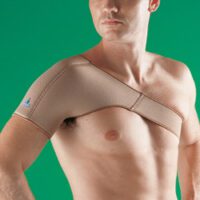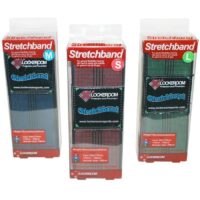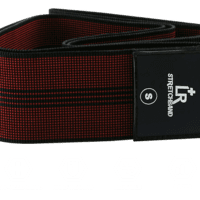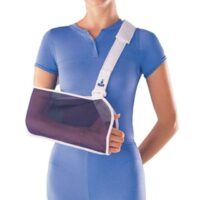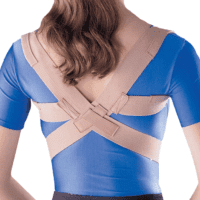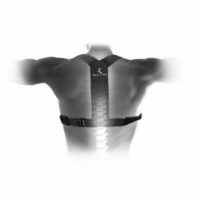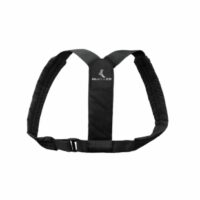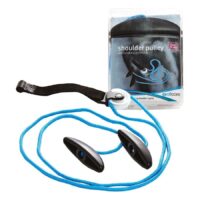What You Need to Know About Lifting Your Arm with a Rotator Cuff Tear

Common Shoulder Pain Results from a Rotator Cuff Tear
Experiencing a rotator cuff tear can lead to questions about your ability to lift your arm. Whether you can still perform this action depends on several factors, including the injury’s severity, the specific muscle affected, and the pain level you feel. Let’s discuss these factors in detail.
Severity of Rotator Cuff Tear
Partial Tear vs. Full-Thickness Tear
The severity of your rotator cuff tear significantly affects your arm movement. With a partial tear, you may feel pain but still manage some arm movement. In contrast, a full-thickness tear can make lifting your arm extremely challenging or even impossible due to the complete disruption of muscle function.
Related Articles:
- Rotator Cuff Injuries – Discusses the different types of rotator cuff injuries and their treatments.
- Shoulder Pain Management – Offers insights into managing shoulder pain effectively.
- Physiotherapy for Shoulder Injuries – Explains how physiotherapy can aid in the recovery of shoulder injuries.
Affected Area of the Rotator Cuff
Muscle-Specific Impact
The rotator cuff consists of four muscles, each responsible for different shoulder movements. The specific muscle injured will determine the degree of functional impairment and the direction in which you can move your arm. Identifying which muscle is affected helps in understanding the limitations and planning the appropriate treatment.
Pain Level and Arm Mobility
Pain Management
Pain is a critical factor in your ability to lift your arm. Severe pain can prevent movement, leading to further complications. Effective pain management strategies are essential for maintaining arm function. Physiotherapists can offer various techniques to help manage pain, allowing for better movement and recovery.
Seeking Professional Guidance
Consulting a Physiotherapist or Doctor
For tailored advice and effective treatment, consulting a qualified shoulder physiotherapist or doctor is crucial. They can provide a detailed assessment and develop a personalised treatment plan, considering your specific condition and needs. Physiotherapy often includes exercises and modalities that aid in recovery and pain management.
Conclusion
Understanding the impact of a rotator cuff tear on your arm movement is essential for effective recovery. By exploring professional advice and treatments available, you can manage your condition better and work towards regaining full functionality.
What to Do?
If you suspect a rotator cuff tear, seeking professional advice from a physiotherapist or doctor is vital. They can guide you through diagnosis, treatment options, and recovery plans, helping you achieve the best possible outcome.




